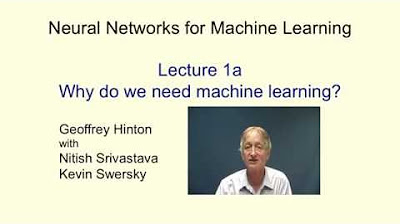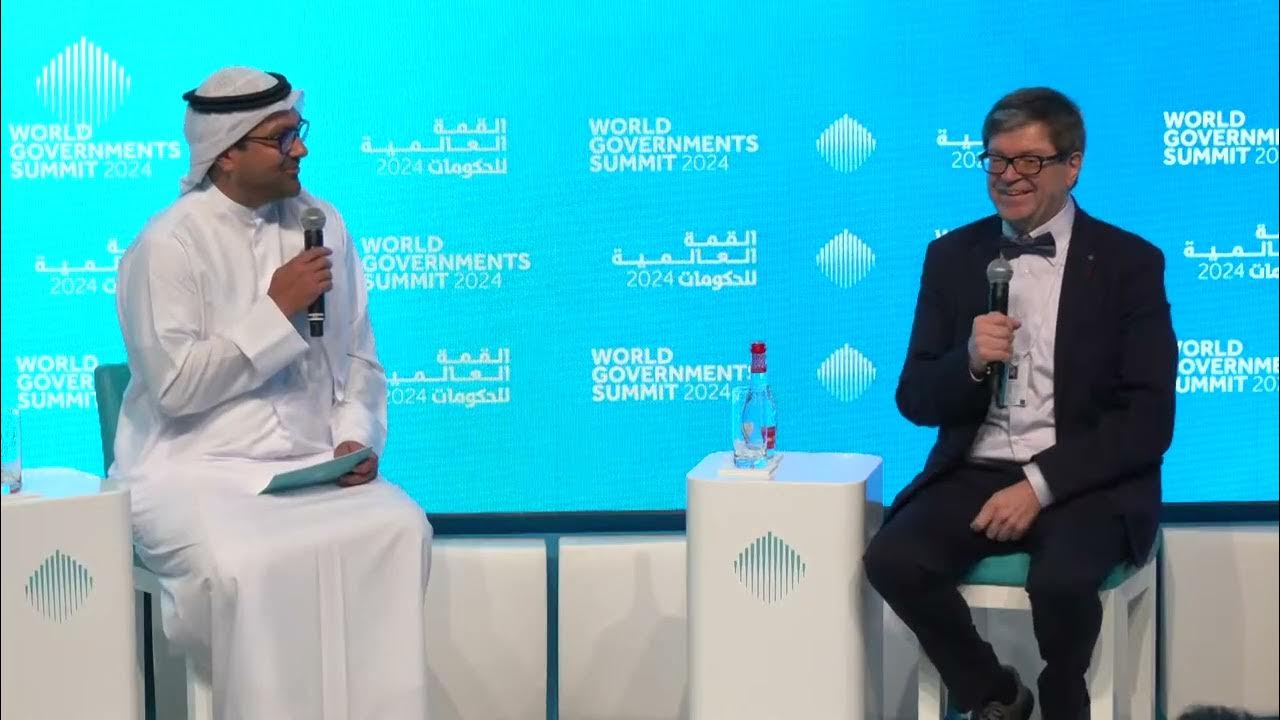Standards for Mathematical Practice
Summary
TLDR本视频脚本探讨了数学共同核心(Common Core)中的八个数学实践标准,强调了解决问题、抗挫折能力(也称为“韧性”)、抽象和量化推理、以及数学交流等关键能力的重要性。通过提倡在班级中解决实际问题,而非仅仅传授知识,视频强调了这些实践对于培养学生深入理解数学概念的重要性。它还讨论了通过合作、批判性思考和有效使用数学工具等方式,如何在学生中培养这些技能。通过具体实例,如高斯求和故事,视频展示了如何在日常教学中融入这些实践,以培养学生的数学习惯,为他们的未来学习和生活打下坚实基础。
Takeaways
- 📝 数学共同核心标准中的八大数学实践是数学领域的核心理念。
- 💪 问题解决和坚持不懈是数学实践中的首要准则,与教育领域外的“坚毅”概念息息相关。
- 🌟 坚毅不是天生的性格特质,而是可以通过不断解决困难问题来学习和发展的。
- 📚 课堂环境应该是一个安全的学习空间,让学生在面对挑战时能够尝试、沟通和协作。
- 🤔 教学不仅仅是传授知识,更重要的是让学生通过亲身体验来理解数学并建立数学思维。
- 🔄 数学家解决问题时能够在具体情境与抽象概念之间灵活转换,这种能力对学生同样重要。
- 🎬 教学中应鼓励学生通过故事问题来建立直观理解,并将数学知识与现实世界联系起来。
- 🗣️ 培养学生构建有效论证和批判他人推理的能力,这包括自我表达和倾听他人观点。
- 🤝 合作学习和同伴评审是建立积极学习氛围和深化学生理解的重要手段。
- 🔢 教师应鼓励学生解释自己的思考过程,这有助于发现和纠正误解。
- 📈 通过真实世界的问题来教授数学,让学生理解数学的实际应用和背后的目的。
Q & A
数学共同核心标准中的八项数学实践是什么?
-数学共同核心标准中的八项数学实践包括:1. 问题解决和坚持不懈;2. 抽象和量化推理;3. 构造可行的论证并批判他人推理;4. 模型建立;5. 使用恰当的工具;6. 寻求精确度;7. 运用结构和重复推理;8. 寻找数学之美。这些实践旨在帮助学生深入理解数学概念,并在解决问题时发展数学思维习惯。
为什么在课堂上需要给学生足够时间来解决问题?
-在课堂上给学生足够时间来解决问题是为了让他们能够发展坚持不懈的心态。如果所有的课堂活动都在30秒或更短的时间内完成,学生就没有机会培养在遇到困难时坚持解决问题的心态。
教师如何创造一个安全的学习环境?
-教师通过设计课堂活动,让学生在遇到困难时有机会尝试、沟通、协作和分享想法,从而创造一个安全的学习环境。教师提供适当的挑战,鼓励学生尝试解决问题,并在学生遇到困难时提供支持和引导。
数学教育中如何培养学生的抽象思维能力?
-数学教育中培养学生的抽象思维能力可以通过让学生在解决实际问题时,学会从具体情境中抽离出来,建立数学模型,并使用数学工具来解决问题。例如,通过故事问题让学生在理解情境的同时,学会用数学方式表达和解决问题。
为什么学生需要学会批判性地分析问题?
-学生需要学会批判性地分析问题,因为这能帮助他们更好地理解问题的本质,评估不同解决方案的优劣,并能够提出自己的见解和论证。这种能力在未来的学习和工作中都是非常宝贵的。
数学教育中如何平衡追求精确度与接受错误?
-在数学教育中,追求精确度是重要的,因为我们需要学生得到正确的答案。但同时,也要让学生理解错误是学习过程的一部分,从错误中可以学习和成长。教师应该鼓励学生接受并分析错误,而不是因为犯错而感到沮丧。
数学共同核心标准如何帮助学生为未来做好准备?
-数学共同核心标准通过提供一系列基本的数学实践,帮助学生发展解决问题的能力、批判性思维、合作和沟通技巧等。这些技能不仅对学习数学有用,也对学生未来的学习和职业生涯有着重要的影响。
数学教育中如何使用真实世界的问题?
-数学教育中使用真实世界的问题可以让学生理解数学的实际应用和目的。教师可以通过引入真实数据和情境,让学生探索和解决与现实世界相关的问题,从而增强学生对数学的兴趣和理解。
为什么学生需要学习基础的计算和数学事实?
-学生需要学习基础的计算和数学事实,因为这为他们提供了解决更复杂问题的基础。掌握基础技能可以帮助学生建立数学思维,发展心算能力,并为使用更高级的数学工具和技术打下基础。
数学教育中如何培养学生的结构和重复推理能力?
-数学教育中培养学生的结构和重复推理能力可以通过引导学生发现数学模式、关系和结构,以及鼓励他们使用这些发现来解决新问题。例如,通过介绍著名数学家高斯求和的故事,让学生理解如何通过观察数字的模式来简化问题的解决过程。
数学共同核心标准如何促进学生之间的合作和交流?
-数学共同核心标准鼓励学生通过讨论、解释和批判性分析他们的思路和解决方案来相互合作和交流。这种互动不仅有助于学生理解彼此的想法,还能够促进他们批判性思维和沟通技巧的发展。
Outlines

This section is available to paid users only. Please upgrade to access this part.
Upgrade NowMindmap

This section is available to paid users only. Please upgrade to access this part.
Upgrade NowKeywords

This section is available to paid users only. Please upgrade to access this part.
Upgrade NowHighlights

This section is available to paid users only. Please upgrade to access this part.
Upgrade NowTranscripts

This section is available to paid users only. Please upgrade to access this part.
Upgrade NowBrowse More Related Video

Lecture 1.1 — Why do we need machine learning — [ Deep Learning | Geoffrey Hinton | UofT ]

CCIR - Quantum Physics: Information, Foundations And Gravity - Lecture Session #2

The Critical Role of Supply Chains in Business and Society

From Automated to Autonomous Supply Chains

Better AI Agents Solving MATH Problems | AutoGen MathAgent

《與楊立昆的對話:人工智能是生命線還是地雷?》- World Governments Summit
5.0 / 5 (0 votes)
